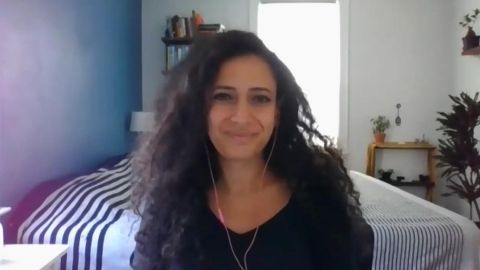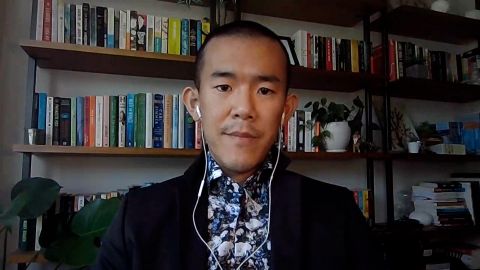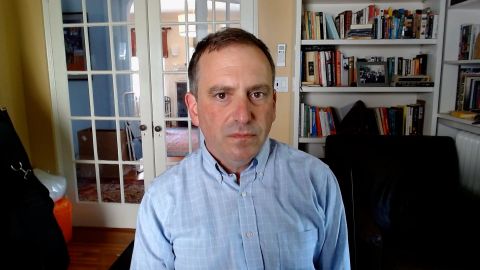Read Transcript EXPAND
BIANNA GOLODRYGA: Is there more information that you have come across? Has your thoughts and opinions as to the origins changed over time?
DR. MARC LIPSITCH, HARVARD UNIVERSITY’S T.H. CHAN SCHOOL OF PUBLIC HEALTH: I think that, as time has gone on, the pandemic has stretched our notions of time in all sorts of ways. But I think it has become more apparent to many of us that the investigations that had taken place, and specifically the World Health Organization investigation, just wasn’t answering the question adequately. And we wanted to, in a very balanced way, say that we don’t know what the right answer is, but that this question is still an open one and needs to be answered as best we can.
GOLODRYGA: Yes, the World Health Organization report really focused more time on a natural spillover and spent little time, just a few pages of that report, focus on the possibility even of a lab-based disaster and origin here. Talk about China’s role since the beginning, because they have tried to clamp down on that theory from the get-go. And a lot of this has led to politicization and even racist commentary towards China. But how would you view and weigh their participation and their role from a scientific standpoint in helping to find the origins?
LIPSITCH: Well, I think — I think China is a big place, and there’s the government and then there are individuals. And I want to emphasize that a number of individual Chinese scientists and physicians were truly heroic in the beginning of this pandemic in getting the word out to the world, as well as to the rest of China. And, obviously, there’s no place for any racist or anti-Chinese sentiment in general. However, the government indeed has not been forthcoming with information that would answer — help to answer the question or to — or lay to rest the concerns that a laboratory accident is one possible scenario under which this could have happened.
About This Episode EXPAND
Marc Lipsitch; Ed Yong; Hala Alyan; Kev Marcus and Will Baptiste
LEARN MORE



